22 Things That Become Less Important As We Get Older

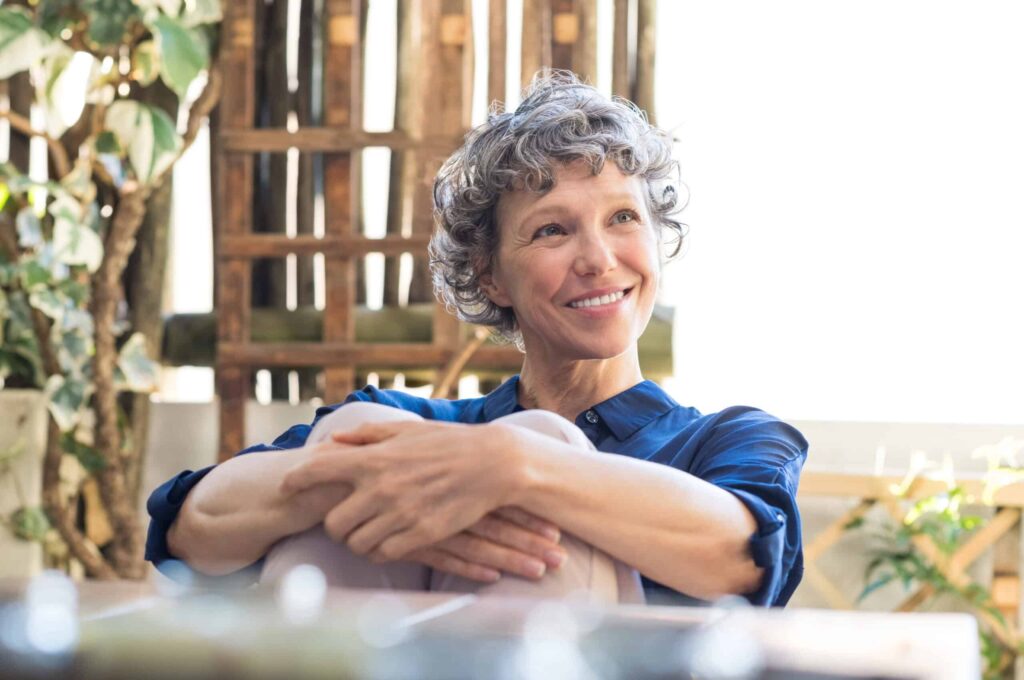
Life is a path that brings many changes, and as we get older, our priorities often change in surprising ways. Things that once felt very important may seem less so, while other parts of life gain new value.
Recent studies show that older adults tend to care more about the happiness of others and less about personal success and status. This change in thinking can help create a more satisfying and balanced life.
In this article, we will share 22 things many people think about less as they grow older. Whether you are just noticing these changes or are already enjoying your later years, you may find your own story in these ideas.
Large Social Circles

When we are young, having many friends may seem very important. As we get older, many realize that having good friends matters more than just having a lot.
We often like smaller groups made up of close friends and family. These strong connections give better support and company than knowing many people only a little.
You may spend more time with a few special friends, talk more deeply, and grow closer. This change helps us use our time and energy on relationships that really add value to our lives.
Career Ambitions

Having a rewarding job stays important for many people, but the strong drive to move up often slows down as we get older. Instead, we may pay more attention to balancing work and life, feeling satisfied, and getting ready for retirement.
This does not mean we stop caring about our work. Instead, we might want to do jobs that match our values or help others, rather than just trying to get higher positions at all costs.
You might start to care more about enjoying your job than about fancy titles, or think about changing to work that feels more meaningful to you, even if it doesn’t mean having a big office.
Gossip
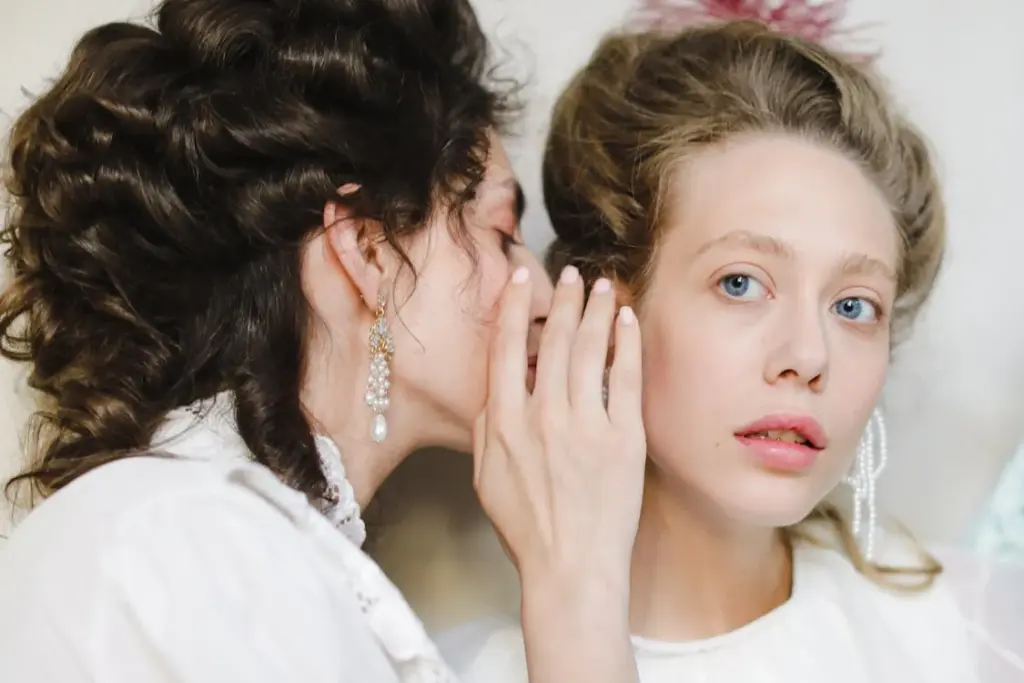
As we mature, many of us lose interest in gossip. We start to prefer conversations that are more meaningful and positive.
Instead of talking about others, we might find ourselves discussing ideas, sharing experiences, or focusing on how we can make a difference in the world. This shift often leads to more fulfilling interactions and stronger relationships.
You might notice that you feel better after a conversation about a new book you’ve read or a cause you care about than you do after discussing the latest neighborhood scandal.
Material Possessions

Remember when having the newest gadget or the coolest furniture felt like something you had to do? As we get older, many of us see that the fun of having lots of “stuff” goes away.
Instead, we begin to care more about experiences and our connections with people. That bright new car or the newest phone just isn’t as exciting as it used to be.
You may feel happier by cleaning out your closet and giving away things you don’t use anymore than by buying something new. Understanding that true happiness doesn’t come from spending money or shopping can feel freeing.
Peer Approval
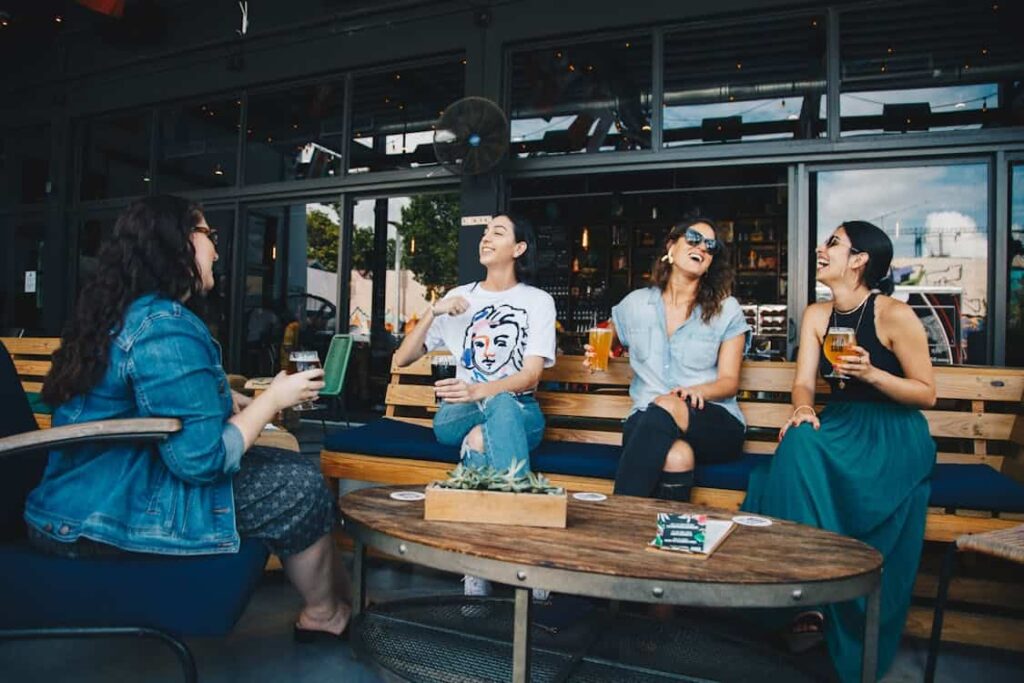
Think back to your school days. Fitting in probably seemed like the most important thing in the world. But as we age, many of us stop caring so much about what others think of us. We start to prioritize our own values and beliefs over seeking validation from others.
This shift often leads to a more authentic way of living. It feels good to make choices based on what truly matters to us, rather than trying to impress others or squeeze ourselves into a mold that doesn’t fit.
You might find yourself speaking up more, trying new things without fear of judgment, or simply feeling more comfortable in your own skin.
Chasing Trends

The need to keep up with every trend often feels less important. This happens with fashion, technology, lifestyle, and other areas. Instead, we often focus on what suits us best.
You might stick with a style of clothing that fits you well, rather than changing your clothes every season. Or you may decide to keep using a tech device you know well instead of buying the newest one just because it is new.
This change helps us make decisions based on what we like and feel comfortable with, leading to a more happy and true life.
Physical Appearance

While looking good is still nice, many of us shift our focus on appearance to overall health and well-being as we age. We might worry less about wrinkles or gray hair and more about staying active, eating well, and taking care of our bodies.
Embracing the natural aging process can be liberating. It’s about feeling good in our own skin, rather than trying to look like we did in our 20s.
You might find yourself spending less time and money on anti-aging products and more on activities that keep you healthy and happy, like yoga classes or cooking nutritious meals.
Keeping Up with Technology

Remember when not having the newest tech gadget made you feel left out? As we grow older, many of us pick technology more carefully. Instead of quickly getting every new device or app, we choose tools that truly make life better.
It’s fine not to be on all social media sites or to own the latest phone. What counts is using technology that fits our needs and makes our lives easier.
You might start using your phone less and enjoy talking with people more, or focus on learning one or two helpful apps instead of chasing all the new tech trends.
Competitive Spirit

The drive to constantly compete and win often diminishes as we age. Many of us start to value collaboration, personal growth, and enjoying the journey more than coming out on top.
This doesn’t mean we stop striving for excellence. Rather, we might find more satisfaction in improving ourselves or working together with others.
You might notice that you feel just as good about helping a colleague succeed as you do about your own achievements. Or you might start to enjoy sports and games for the fun of playing, not just for the thrill of winning.
 If you like what you are reading, then click like and subscribe to my newsletter. We share tips to waste less time and money.
If you like what you are reading, then click like and subscribe to my newsletter. We share tips to waste less time and money.
Societal Expectations

One of the freeing parts of getting older is feeling less tied to what society expects. Many older people enjoy living life the way they want.
This could mean trying a new and unusual hobby, switching jobs later in life, or just wearing what you like. It means creating your own rules for life instead of following others’.
You may start making choices that surprise others but feel good to you. This freedom helps us live more true to ourselves and often brings more happiness and satisfaction.
Fear of Missing Out (FOMO)
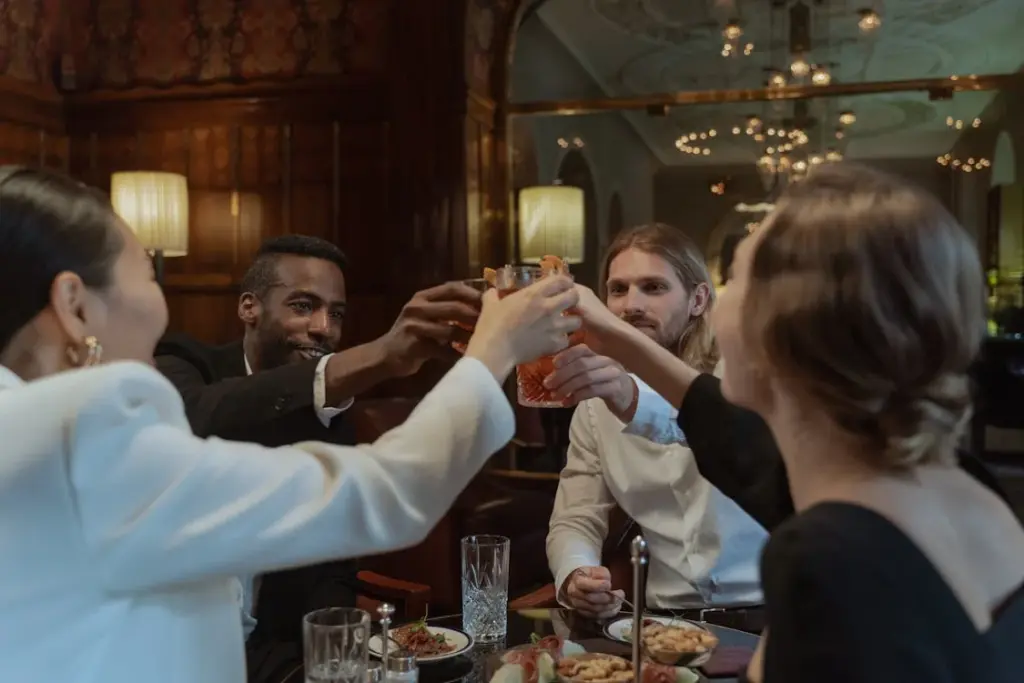
Remember when saying no to a social event felt like you might be missing out on the best night ever? As we age, many of us feel less of this fear of missing out.
Instead, we develop a greater appreciation for the present moment and what we already have. It’s liberating to realize that staying in with a good book can be just as fulfilling as going to that big party everyone’s talking about.
You might find yourself more content with your choices, less anxious about what you’re not doing, and more focused on enjoying what you are doing. This shift often leads to a more peaceful and satisfying lifestyle.
 If you like what you are reading, then click like and subscribe to my newsletter. We share tips to waste less time and money.
If you like what you are reading, then click like and subscribe to my newsletter. We share tips to waste less time and money.
Perfectionism

The need to be perfect in every aspect of life often wanes as we get older. Many of us learn to accept our imperfections and go with the flow of life more easily. This doesn’t mean we stop striving to do our best.
Rather, we learn to be kinder to ourselves when things aren’t perfect and to value the learning process as much as the outcome. You might find yourself less stressed about small mistakes and more focused on the big picture.
This change can lead to increased happiness and reduced stress in both personal and professional life.
Constantly Being Busy

When we were younger, being busy felt like something to be proud of. As we get older, many of us start to like free time, resting, and enjoying simple things in life. It becomes more about the value of how we use our time, not just the amount.
A calm afternoon in the garden can feel just as good as a day full of plans. You might find yourself saying no to more invites, not because you don’t want to be with others, but because you have learned to see how important rest and quiet moments are.
This change helps us live at a slower, easier pace and often brings
Drama

The allure of drama in relationships, at work, or in social situations, often diminishes as we get older. Many of us start to prioritize peace and stability in our interactions.
This might mean choosing friends who bring positivity into our lives, avoiding toxic situations, or learning to respond to conflicts in a calmer, more measured way.
You might find yourself walking away tensions more easily or choosing not to engage in arguments. This change often leads to more harmonious relationships and a more peaceful day-to-day life.
Maintaining Appearances
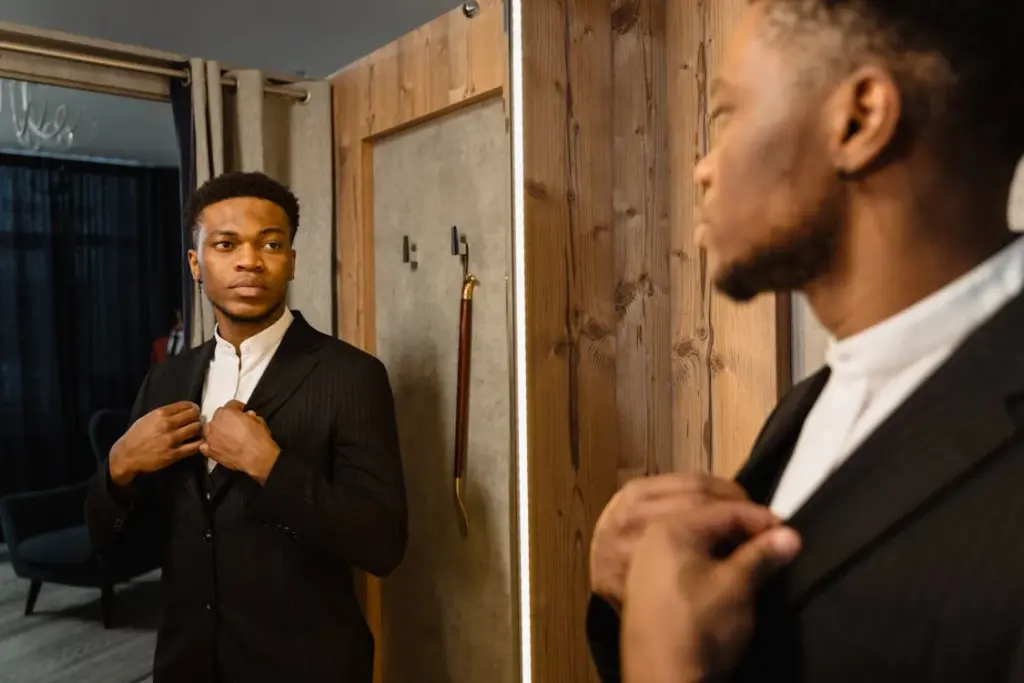
As we get older, many people care less about keeping up a certain look or act just to please others. Instead, they try to be real and honest with themselves. This can feel very freeing.
It means feeling good in your own skin and not needing to act like someone else. You might say what you think, wear what you like, or follow your hobbies without caring what others think.
Being true to yourself often helps you build closer, real friendships and feel more confident inside.
Being Right All the Time
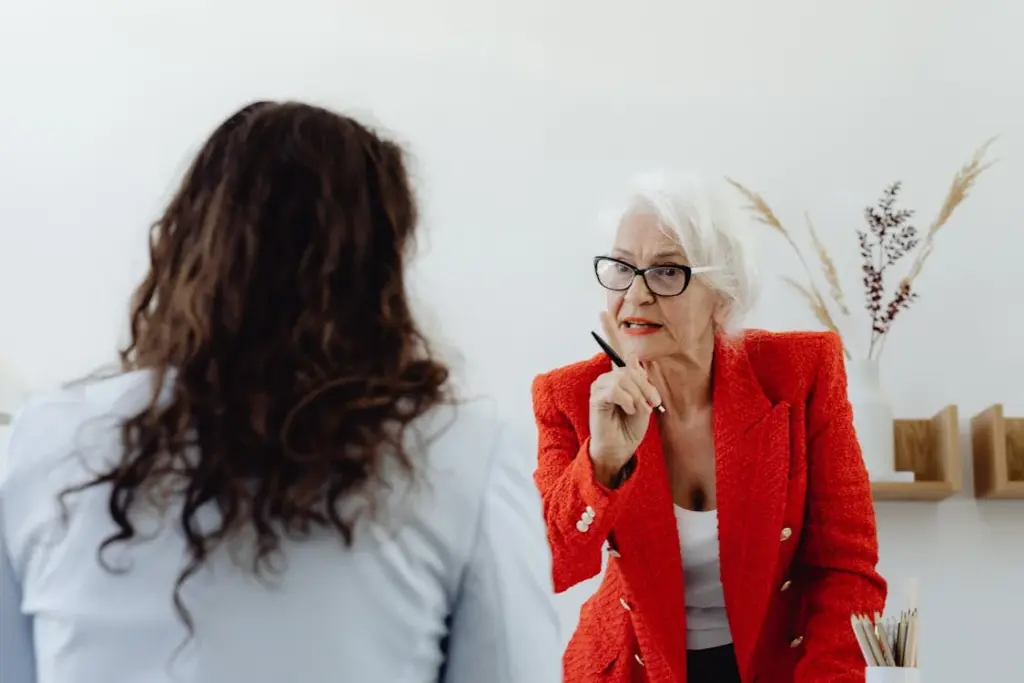
As we mature, the need to always be right in conversations and arguments often diminishes. We start to value understanding and empathy more than winning debates. This shift allows for more open and productive discussions.
You might find yourself listening more actively to others’ perspectives, even when they differ from your own. Instead of focusing on proving your point, you might aim to learn something new or find common ground.
This change can lead to stronger relationships, both personal and professional, as people appreciate your willingness to consider different viewpoints.
Travel to Impress

Many people still enjoy traveling, but the reasons for it often change as we get older. Instead of traveling to impress others, many older adults choose trips that bring personal growth and meaningful moments.
It is less about visiting famous spots and more about really feeling the culture and life of different places. You may prefer quiet, less-known places or stay longer in one spot to fully enjoy the local way of living.
This way of traveling usually creates more lasting and satisfying memories.
Accumulating Accomplishments

The constant need to achieve and accumulate accolades often diminishes as we age. Many of us learn to enjoy the process of learning and doing, rather than focusing solely on the end result.
This shift can lead to a more relaxed and fulfilling approach to life’s pursuits. You might find yourself taking up a new hobby simply because you enjoy it, not because you want to become an expert.
Or you might tackle a challenging project at work for the satisfaction of solving problems, not just for recognition. This change often results in a richer, more enjoyable life experience.
Holding Grudges

As we grow older, many people see how holding on to old hurts affects their feelings. Saying sorry and moving on become more needed, bringing more peace and better bonds with others.
This does not mean ignoring or allowing bad actions. Instead, it means letting go of anger and bitterness, so we can live more happily. You may feel more ready to fix past fights or ignore little problems.
This change usually brings calmness and stronger, kinder connections with those around you.
The Wisdom of Aging

As we get older, our values shift. It’s not about caring less about life but seeing more clearly what is truly important. We begin to value people over things, moments over stuff, and being real over looking perfect.
These shifts often bring a happier and calmer life. They help us focus on what makes us happy and gives us meaning, instead of what we think we need or should do.
Here’s to growing older and wiser, to dropping what does not matter, and to holding on to what really does.
 If you like what you just read, then subscribe to my newsletter.
If you like what you just read, then subscribe to my newsletter.
AI was used for light editing, formatting, and readability. But a human (me!) wrote and edited this.



